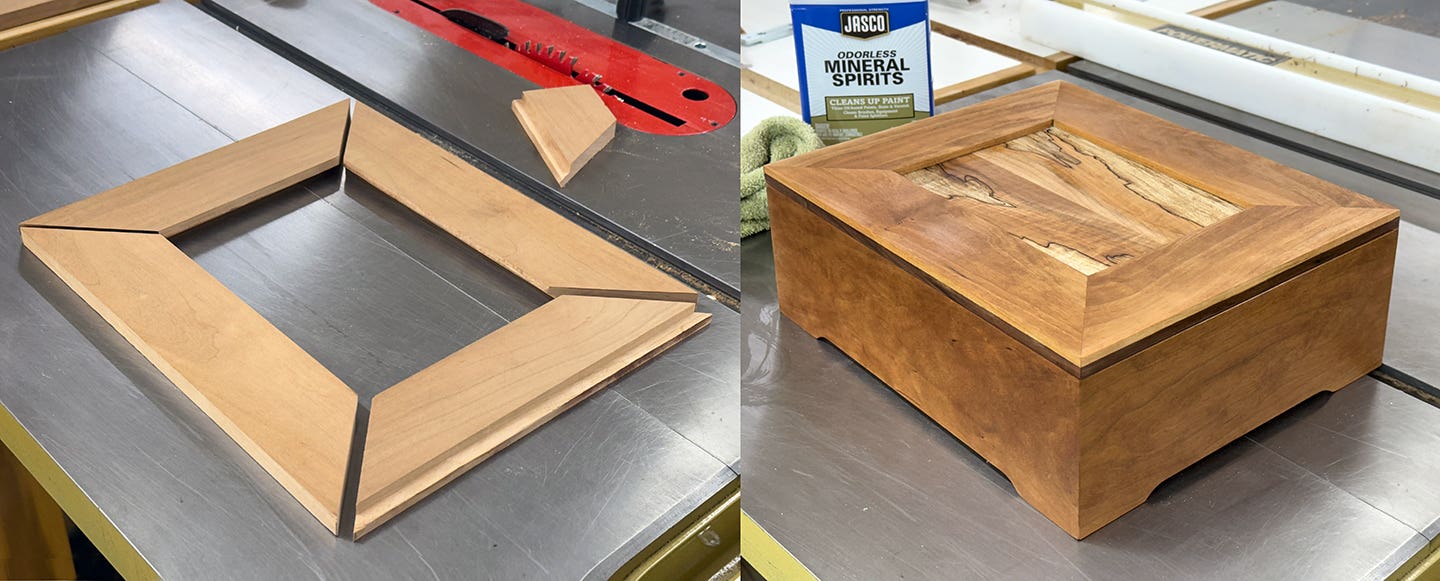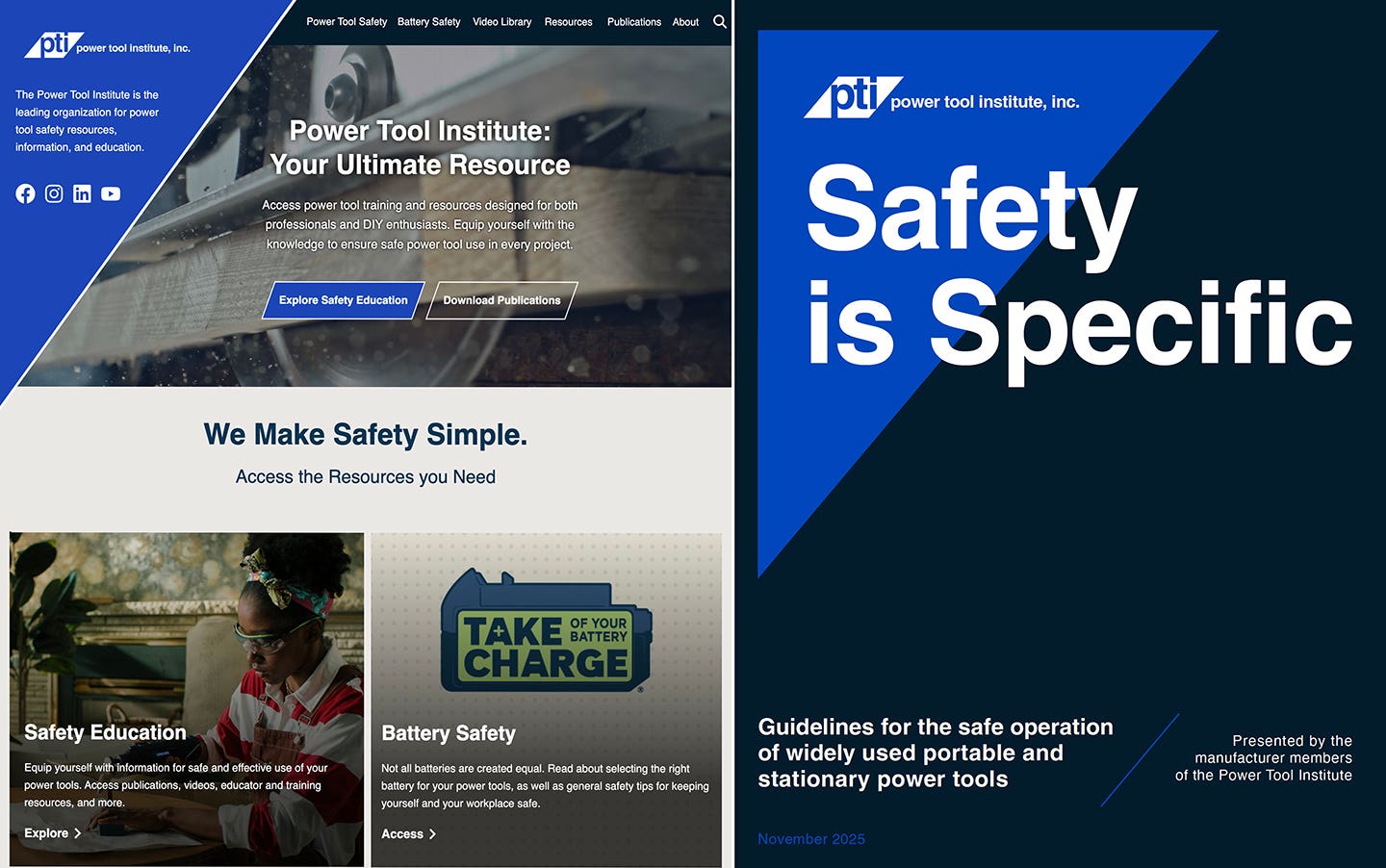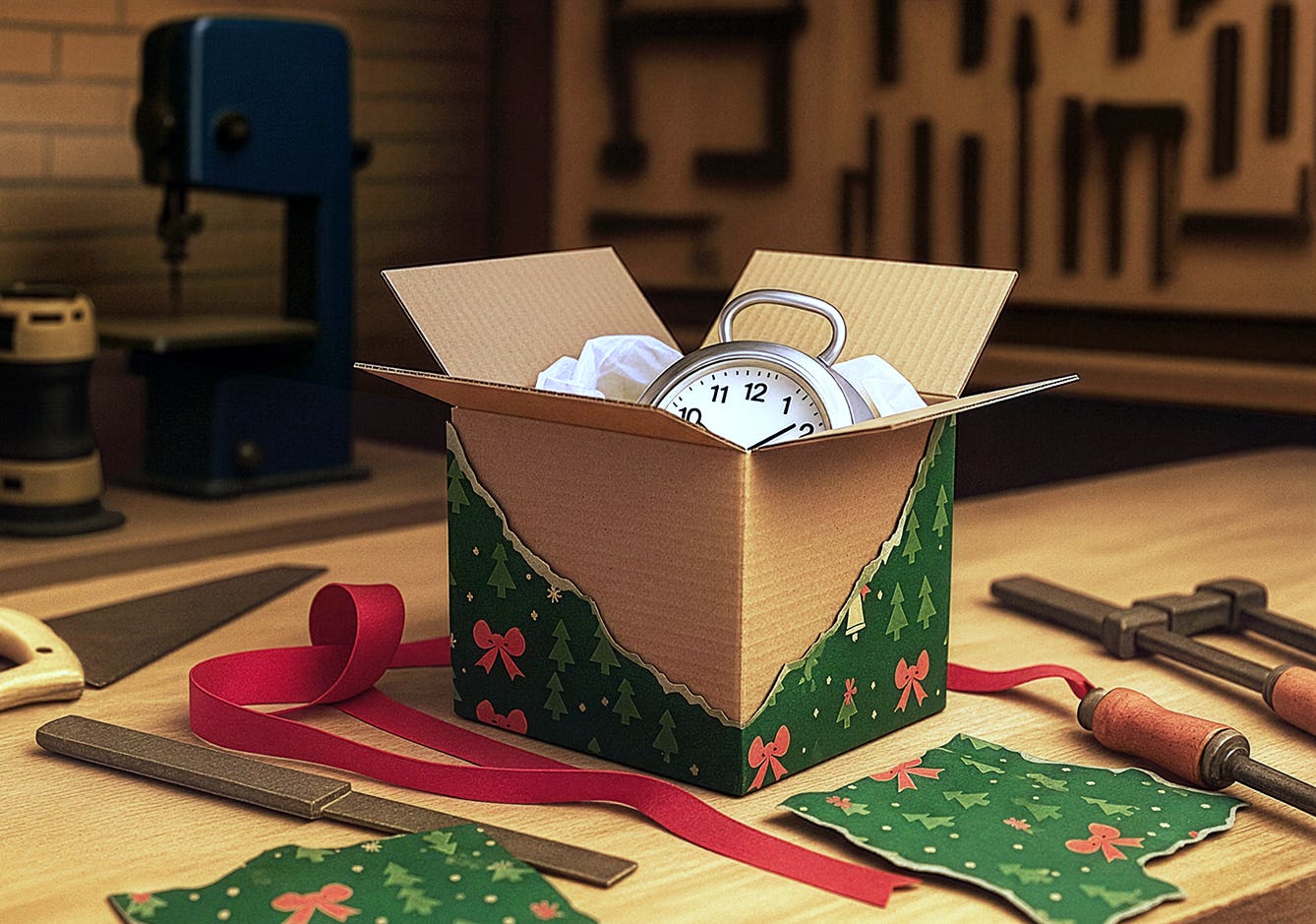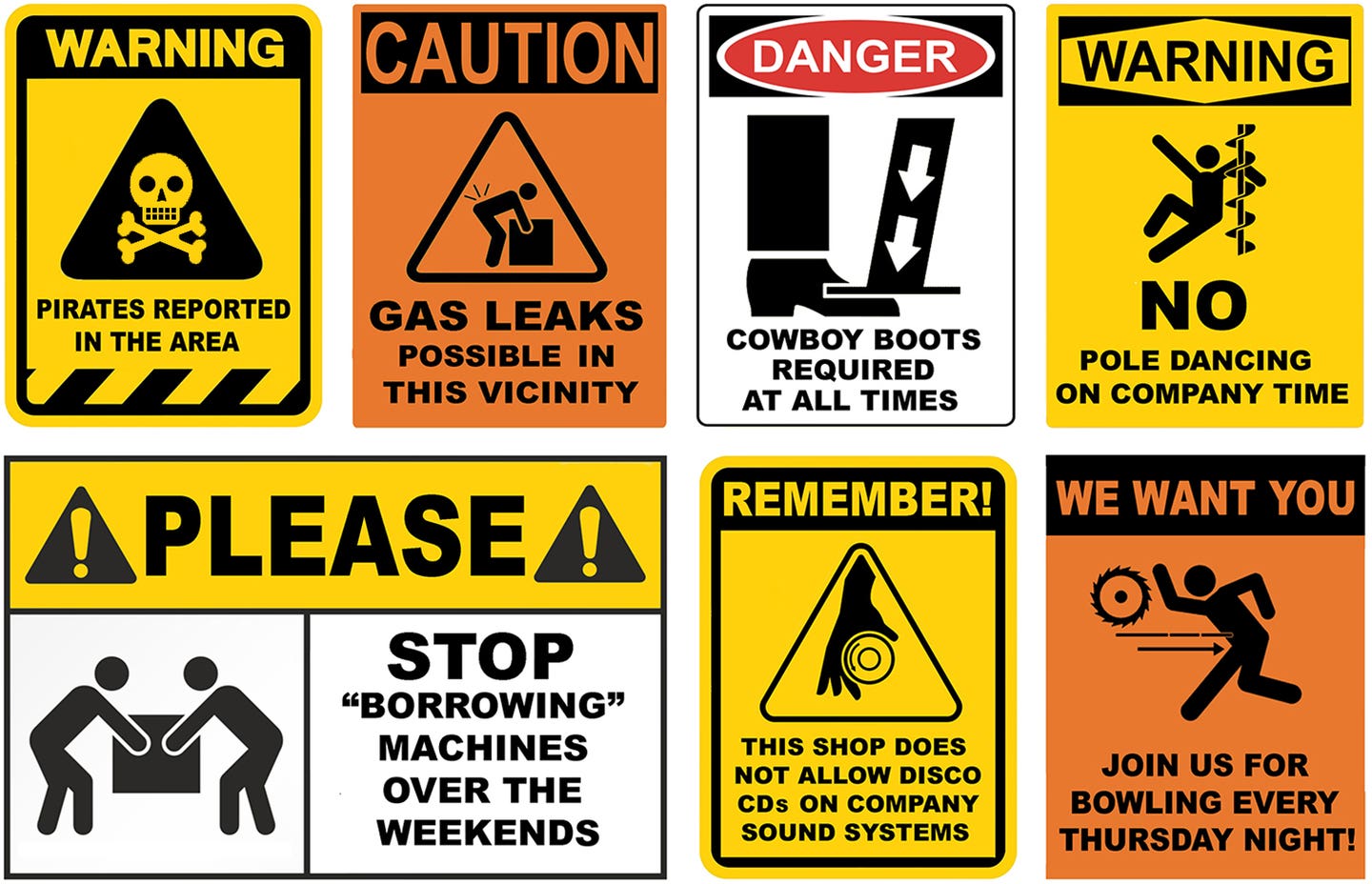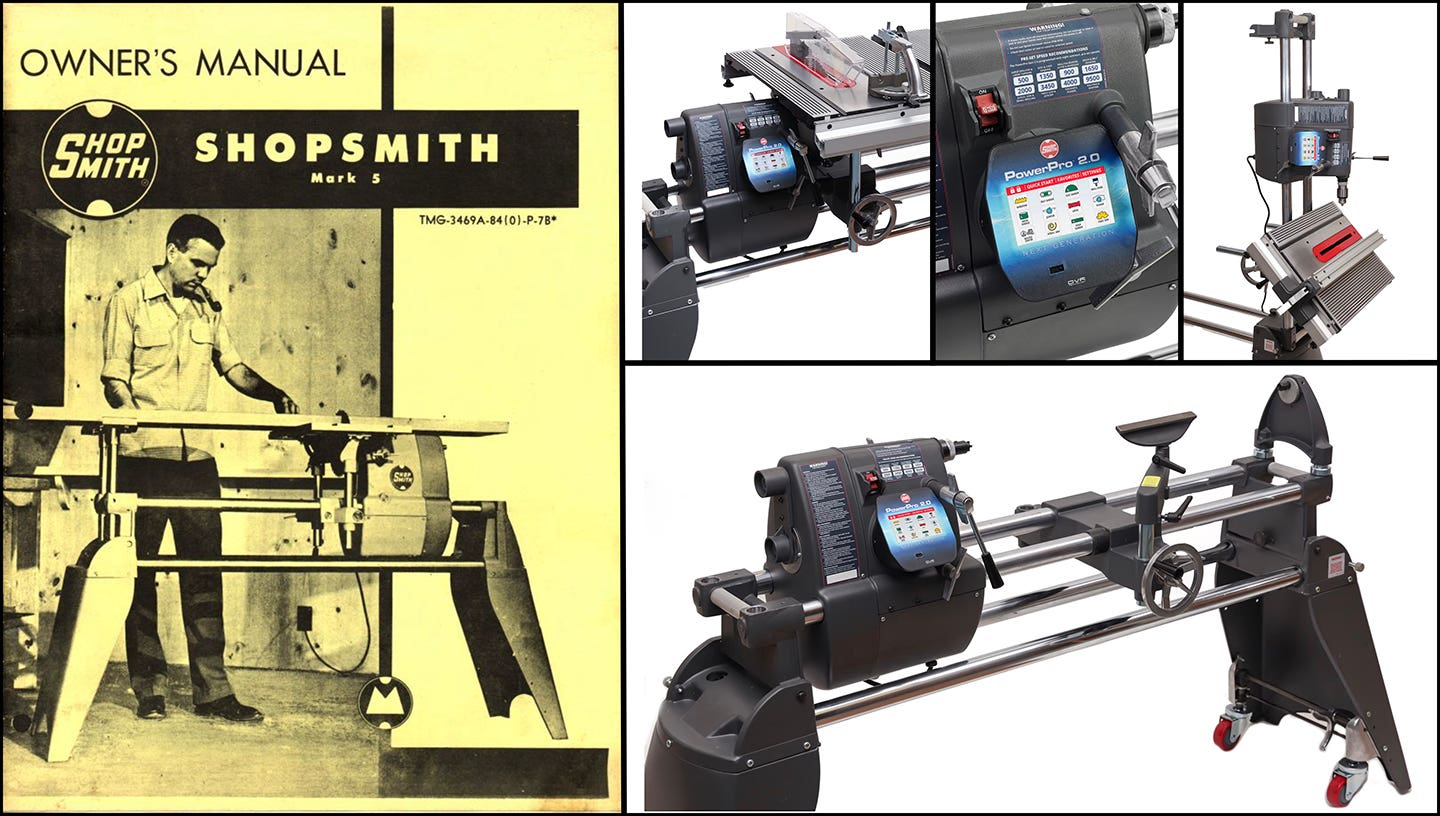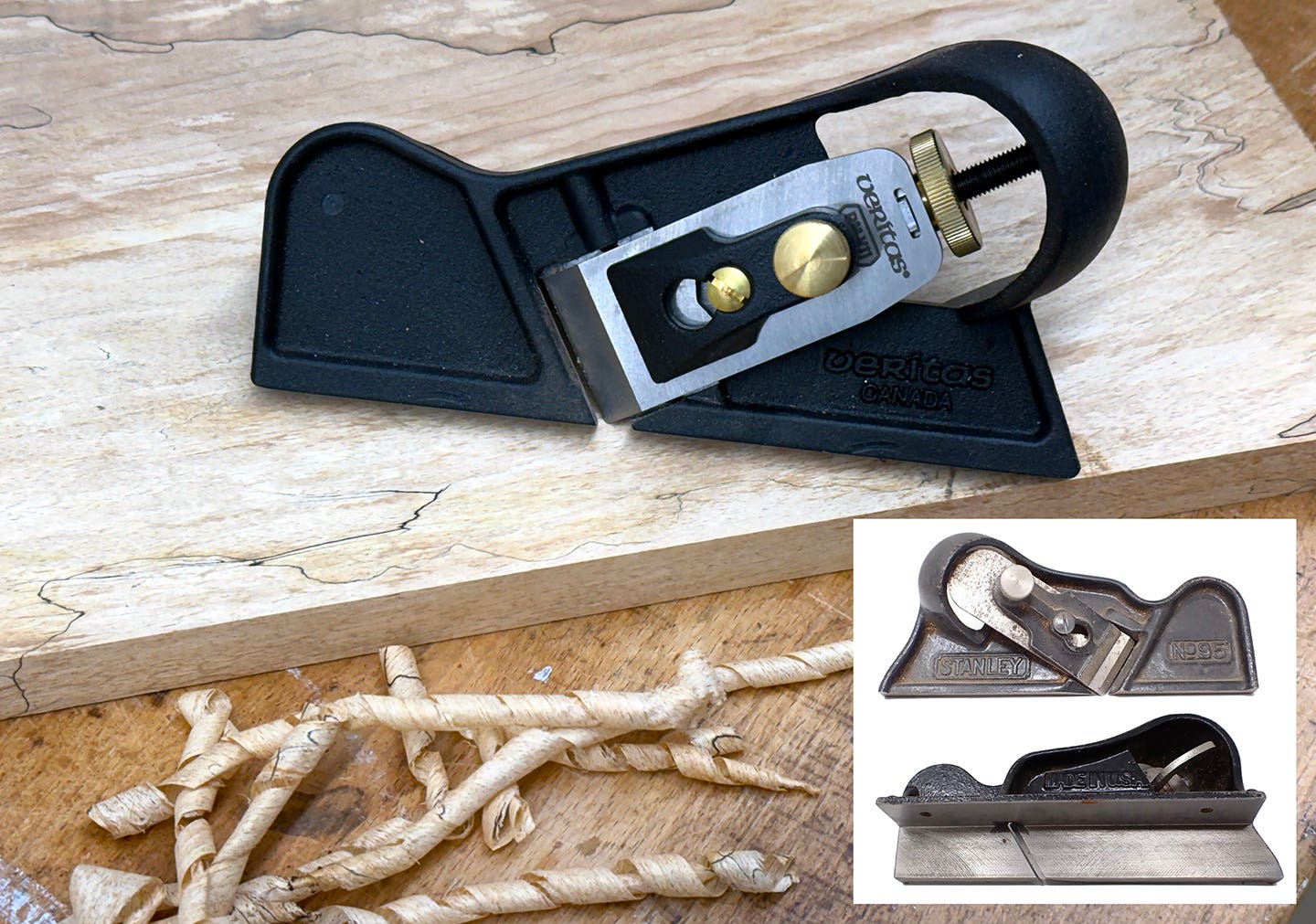Shop maintenance: Heres to your health
How your tools and machines are operated, cleaned, used and stored can determine the well-being of you and your staff {loadposition position10} Preventative maintenance can take all shapes and forms,…
How your tools and machines are operated, cleaned, used and stored can determine the well-being of you and your staff
{loadposition position10}
Preventative maintenance can take all shapes and forms, from periodic machine tune-ups and physically cleaning shop areas, to your actual health and well-being. The latter is currently being accentuated in the news media as a cost-effective measure against rising insurance costs. Being diligent in your shop can help promote these measures.
You're undoubtedly aware that any machine that is maintained in tiptop condition will work better and last longer; if you're not aware, then you better make this your daily mantra. Performance of everything in your shop is going to affect your bottom line, and this includes you and everyone else that works under your roof. You want to make a profit, but machinery that doesn't perform costs you money. The same goes for people that don't perform. You need your health to apply your trade and doing preventive maintenance on the mechanical ties directly to the organic, so cost savings will be a trickle-down effect.
Beginning with the simple stuff, even before you turn on one machine, what's the overall condition of the shop? Was it cleaned and swept the night before? Better make that a habit so you're not walking into a minefield of things hidden under sawdust in the morning. If you or someone else steps on hardware they can't see, or grabs something that looks harmless that turns out to be tooling with a nice sharp edge, that's an accident waiting to happen. If the result is an accident, then that person can't perform.
Speaking of dust, how effective is your dust collection? Even though your dust collector is not a "moneymaker," it is definitely a "money saver." Again, it should be in tip-top shape along with the rest of your workhorses. This is your first line of defense to keep your machines performing to their maximum efficiency, so don't neglect frequent checks of whether it's operating to its full potential. Are the filters clean? Any leaks in the system? Are the flex hoses in good shape (not pinched, no kinks, no threadbare areas)? Is the air flow properly balanced?
The human factor
Now enter the human performance factor relative to the dust factor. The "first line of defense" applies not only to machinery, but to the laborers working around the web of duct work attached to the dust collection system. Settled dust might be considered a nuisance when it needs to be cleaned up and, as noted previously, can cover small things to the point of hiding them from view. It also gets in your hair and covers your clothes, which you have to hose off at the end of the day and, if you're someone like me who wears glasses, a thin film of dust can really limit your visibility.
However, the real danger isn't the dust that's covered 99 percent of the shop, it's the dust that hangs in the air waiting to settle. One day's worth won't cause much harm, but during the course of time dust will do plenty of damage to a previously healthy respiratory system. Plan a schedule of maintenance and have masks available if necessary. You don't want to give up something you love to do just because you can't breathe anymore.
As a sidebar, keep in mind that dust is very combustible, so your lungs won't be very much help when the shop blows sky-high from an explosion, which could have been the result of a hidden piece of metal getting sucked up into the dust collection system and creating a spark. Keep everything flammable as far from your shop as possible, and designate specific smoking areas.
It would help to have earplugs available as well. There's nothing like the high-pitched whine of machinery to knock down your quality of hearing a notch or two over time. Earplugs not only save your hearing, but prevent dust from accumulating, which will find any hole to get into and gum up the works. Don't neglect your eyes either. Make sure you and everyone else wears eye protection, too. Even a little dust in your eye is enough of a distraction from what you're doing to become dangerous if you're in the middle of an application that requires all of your focus. Removing splinters from your fingers is one thing; getting one in your eye could be a tragedy.
Tooling concerns
Getting back to your workhorse machines that require tooling, visualize trying to cut a tomato with a dull knife. It can be done, but the results can be messy - a jagged cut; not to mention one squished veggie. Same goes for dull tooling. You get a lousy result with jagged edges that can chew up your hands with repetitive handling. Wear gloves for handling any material when you can.
Sharp tooling cuts cleaner with less chance of splintered wood and chips flying in unknown directions. Make absolutely sure your tooling is secure and tightened in place, especially insert tooling. Too many stories have circulated of flying tooling traveling at high velocity that penetrated walls, material, the machine itself and, most unfortunately, human beings. Dull tooling has a hard enough time doing its job and the extra stress can either break it or cause it to loosen up and become that lethal projectile. Sharp tooling will also keep things in balance to prevent the spindle from wobbling and save wear and tear on bearings.
Don't forget machines that require tension to secure tooling, such as the band saw. Not only must the blade be tensioned, but the wheels need to be balanced and aligned. Nothing else holds the blade in place other than tension, so monitor this machine as it's being used and wear as much personal protection as possible.
Nothing gets closer to any application more than your fingers. Keep them out of harm's way by using sticks, grabbers or any creative extension of your hand to eliminate any possibility of injury from a blade, knife, and even pinch points and rollers.
Take the time to plan ahead any scheduled preventative maintenance, even the unplanned. If an extra couple seconds is necessary to look over an application prior to initiating it to ensure maximum safety, just do it. It will more than likely save an injury or possibly a life.
Insurance companies thrive on statistics, so try to minimize any additions to their files. Do your part to promote a healthy shop environment and in the long run that will save time and money, and keep the topic of workers' compensation near the bottom of the list of daily conversations.
Jeffrey Ulreich is a 20-year veteran of the woodworking industry as a machinery technician and a dust-collection designer and troubleshooter.
This article originally appeared in the November 2009 issue.
A.J. Hamler is the former editor of Woodshop News and Woodcraft Magazine. He's currently a freelance woodworking writer/editor, which is another way of stating self-employed. When he's not writing or in the shop, he enjoys science fiction, gourmet cooking and Civil War reenacting, but not at the same time.


